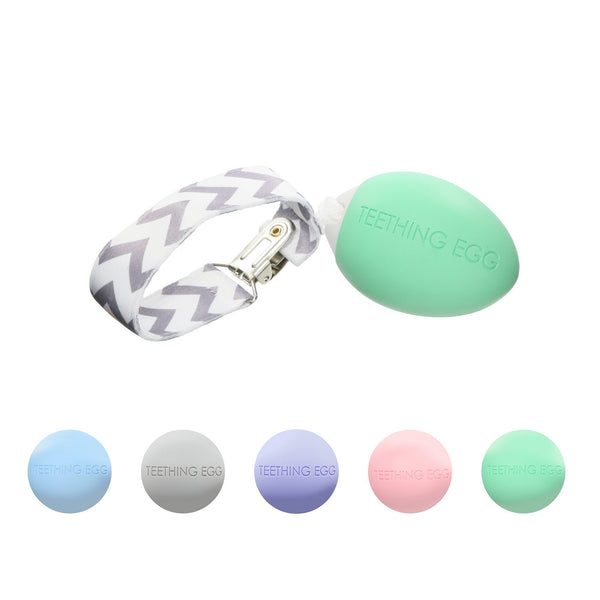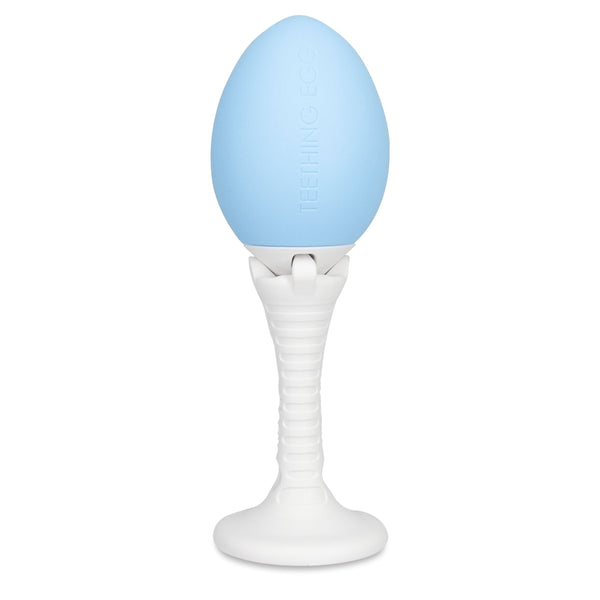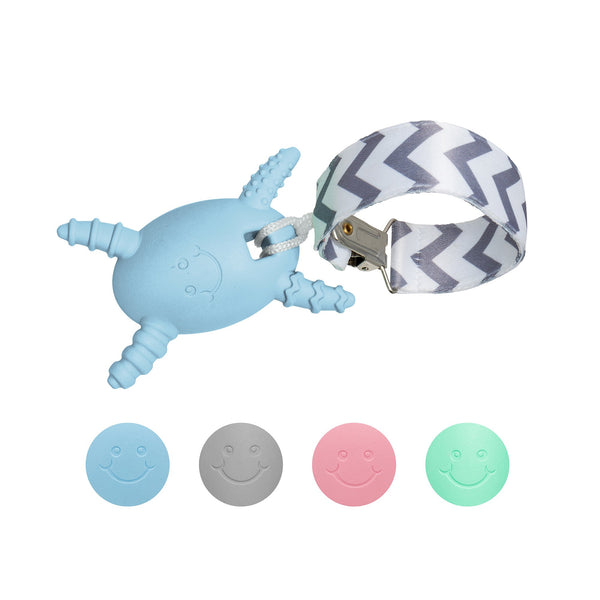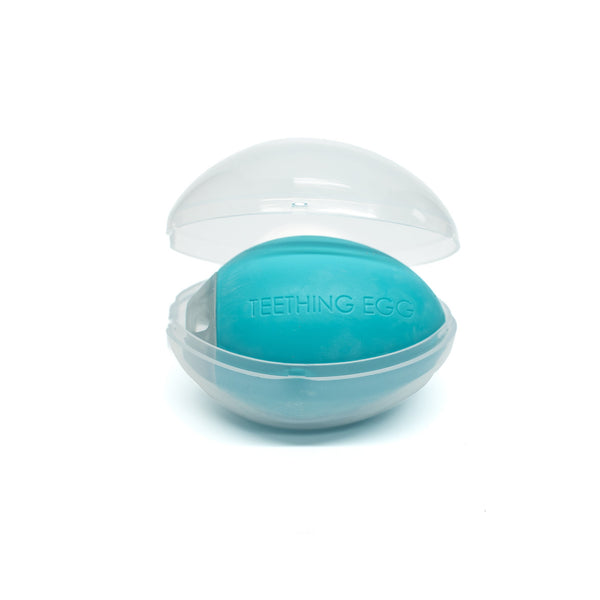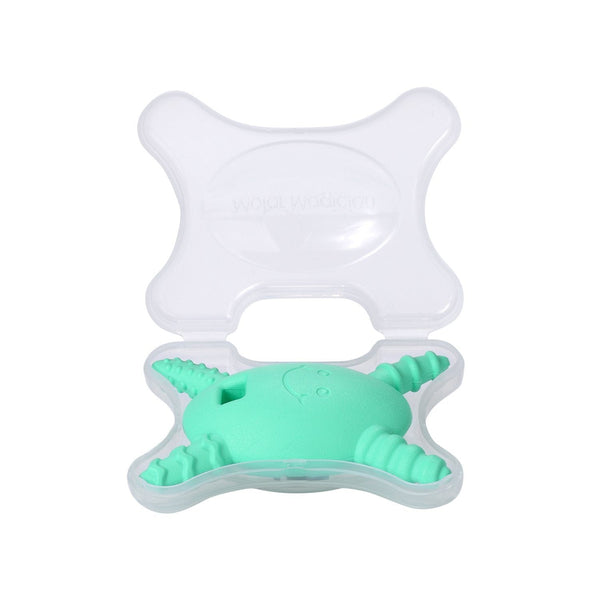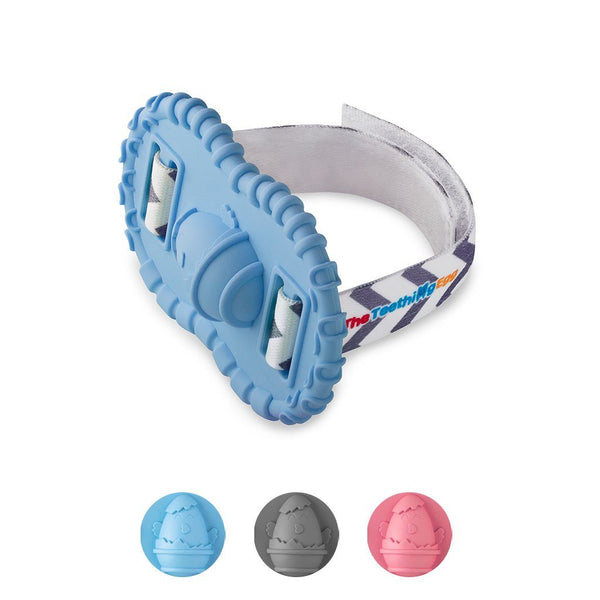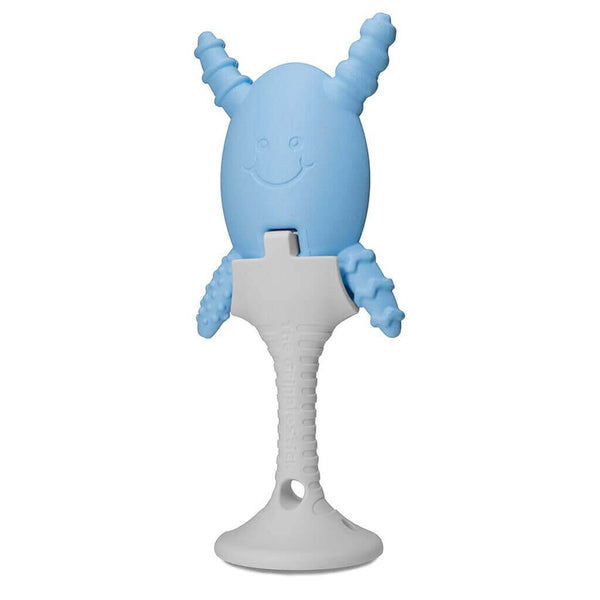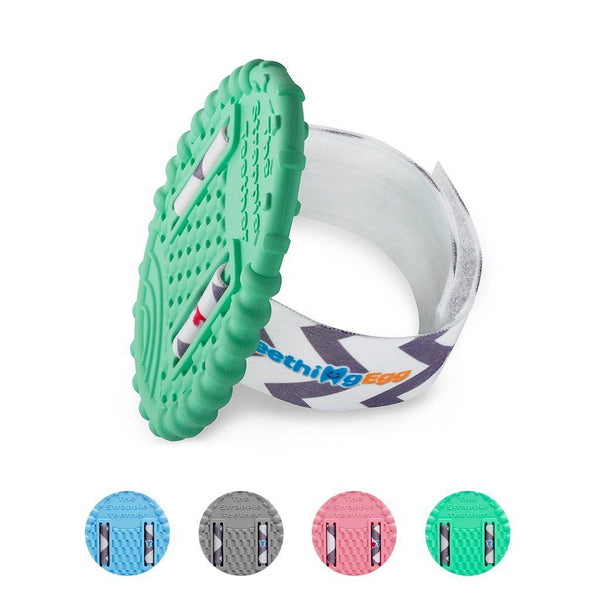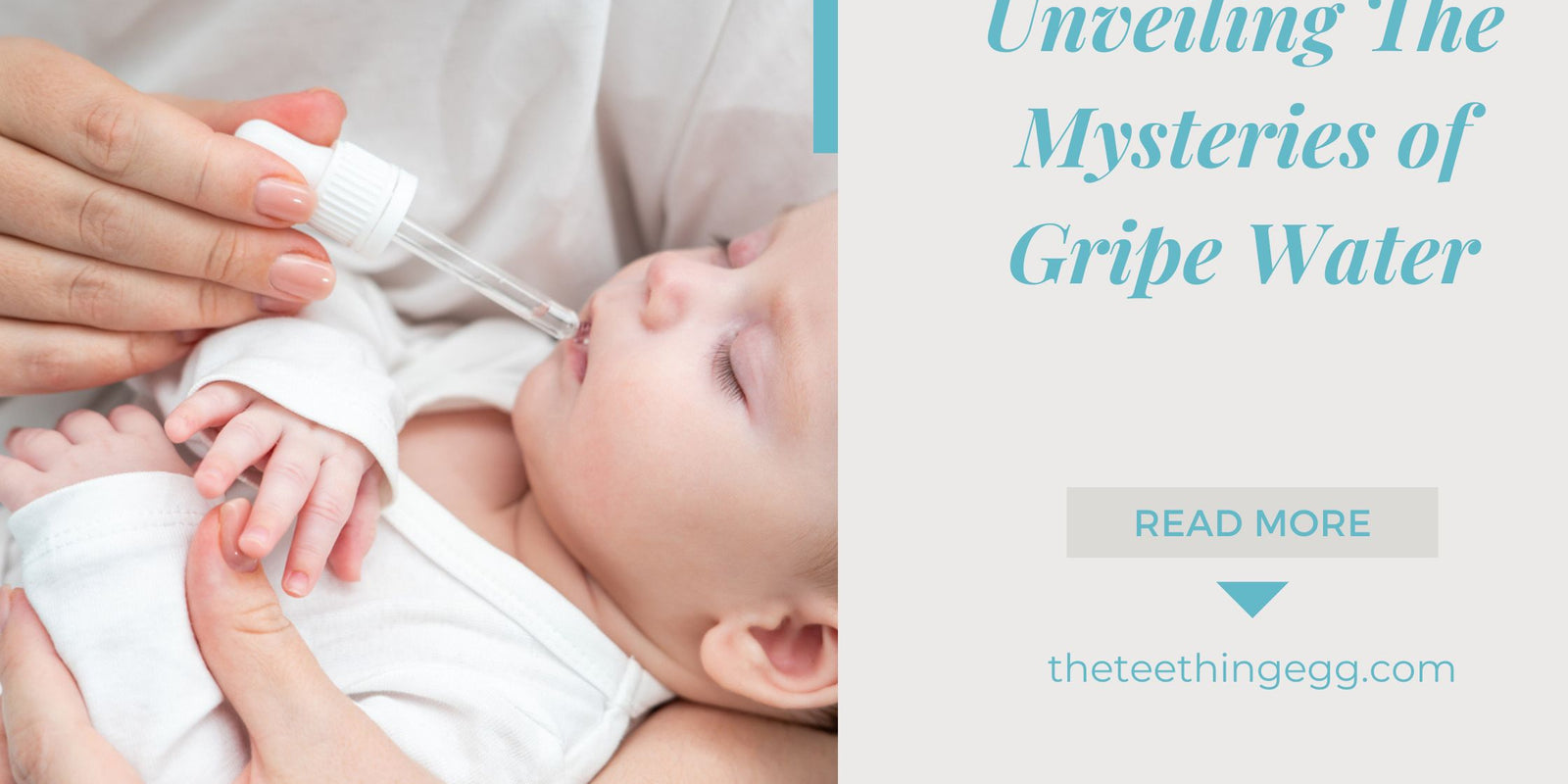In the realm of baby care, parents often encounter various remedies to ease their infants' discomforts. Among these is gripe water, a popular yet debated solution known for its historical significance and potential benefits. This article delves into the multifaceted aspects of gripe water, covering its origins, uses, ingredients, administration, controversies, and alternatives.
What is Gripe Water?
Gripe water is a traditional over-the-counter remedy primarily used to alleviate digestive discomforts in infants. Its formulation generally includes a blend of herbs and other ingredients in a liquid form, often sweetened, and is administered orally to babies.
History of Gripe Water
The history of gripe water dates back to the mid-19th century in England. It was initially created by English pharmacist William Woodward, who formulated it as a concoction containing dill, sodium bicarbonate, and alcohol, aiming to soothe colicky symptoms in infants.
Over time, the formula has evolved, and modern versions typically exclude alcohol and may contain various herbal extracts and other additives.
Uses of Gripe Water
Gripe water is commonly used to address symptoms like colic, gas, hiccups, teething discomfort, and general fussiness in babies. Its purported benefits include soothing upset stomachs, relieving gas, aiding in digestion, and providing temporary relief from discomfort.
Ingredients in Gripe Water
Ingredients in gripe water formulations may vary. Common components include:
- Herbs: Fennel, ginger, chamomile, dill, lemon balm, and peppermint are among the herbs used for their potential calming and digestive properties.
- Sodium Bicarbonate: Known for its antacid properties, it may help neutralize stomach acidity.
- Sweeteners and Preservatives: Some formulations include sugars or sweeteners and preservatives for taste and shelf life extension.
Administration and Age for Gripe Water
Gripe water is typically administered orally using a dropper or syringe. It is often given to infants between one to six months old, but usage guidelines may vary based on the specific product and pediatrician recommendations.
Parents should follow dosing instructions carefully and consult healthcare professionals before administering gripe water to their infants.
The Pros and Cons of Gripe Water
Pros:
- Potential Soothing Effect: Some parents report that gripe water helps ease colic and digestive discomfort in their babies.
- Natural Ingredients: Many formulations contain natural herbs and are free from artificial additives.
- Ease of Administration: Gripe water is usually easy to administer to infants.
Cons:
- Lack of Scientific Evidence: Limited empirical evidence supports the effectiveness of gripe water.
- Potential Risks: Some formulations might contain allergens or ingredients unsuitable for infants, and improper administration could pose risks.
- Controversies: Debates persist regarding its efficacy and safety, especially due to variations in ingredients among different products.
Medical Community Perspective and Alternatives
Opinions within the medical community regarding gripe water usage vary. While some doctors may cautiously approve its use under specific circumstances, others may advise against it due to the lack of conclusive scientific evidence supporting its efficacy and potential risks.
Alternatives to gripe water include:
1. Pediatric Consultation: Seeking advice from pediatricians for specific infant issues.
2. Changes in Feeding Techniques: Adjusting feeding schedules or techniques.
3. Probiotics: Some studies suggest probiotics might aid in managing colic and digestive issues.
4. Simethicone Drops: These over-the-counter drops may help alleviate gas-related discomfort in infants.
In conclusion, gripe water remains a prevalent yet contentious remedy in infant care. While many parents find it beneficial in calming their babies' digestive issues, the lack of robust scientific evidence and varying opinions in the medical community prompt caution in its usage. Parents are encouraged to seek professional advice before resorting to gripe water and explore alternative solutions for their infants' well-being.
